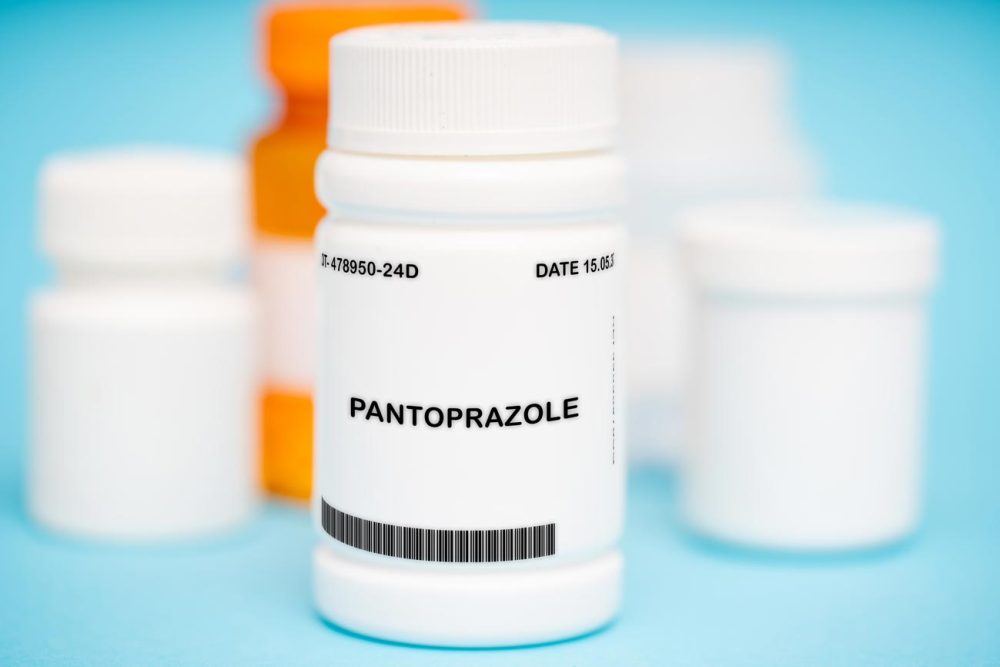Advertisment
GERD drug protects ventilated patients from bleeding

Antacid treatment with pantoprazole has a significant prophylactic effect on bleeding among ventilated patients, researchers reported on June 14, 2024 in the New England Journal of Medicine and NEJM Evidence.
Pantoprazole, is widely used to treat heartburn caused by gastroesophageal reflux disease (GERD).
“Among patients undergoing invasive ventilation, pantoprazole resulted in a significantly lower risk of clinically important upper gastrointestinal bleeding than placebo, with no significant effect on mortality,” the authors reported.
For the randomized trial, the investigators assigned critically ill subjects on invasive ventilation to treatment with intravenous pantoprazole 40 mg daily or a placebo.
The primary endpoint for efficacy was clinically important upper gastrointestinal bleeding in the intensive care unit (ICU) at 90 days. The primary endpoint for safety was death from any cause at 90 days.
The investigators enrolled and randomized 4,821 subjects in 68 intensive care units (ICUs).
They reported they clinically important upper gastrointestinal bleeding had occurred in 25 of 2,385 subjects (1.0%) treated with pantoprazole and in 84 of 2,377 subjects (3.5%) receiving a placebo, a statistically significant difference (<0.001).
At 90 days, death had occurred in 696 of 2,390 subjects (29.1%) in the pantoprazole group and in 734 of 2,379 of the subjects (30.9%) in the placebo group. The difference was not statistically significant.
The authors said, “In this trial involving patients undergoing invasive mechanical ventilation, intravenous pantoprazole reduced the risk of clinically important upper gastrointestinal bleeding but did not affect mortality. We also documented a lower risk of patient-important upper gastrointestinal bleeding (as determined from the responses of ICU survivors and their families in a previous trial) among the patients who were receiving pantoprazole. We did not find that patients in the pantoprazole group had a greater risk of ventilator-associated pneumonia or C. difficile infection than those in the placebo group. Also similar in the two groups were the duration of stay in the hospital and in the ICU and hospital mortality.”





